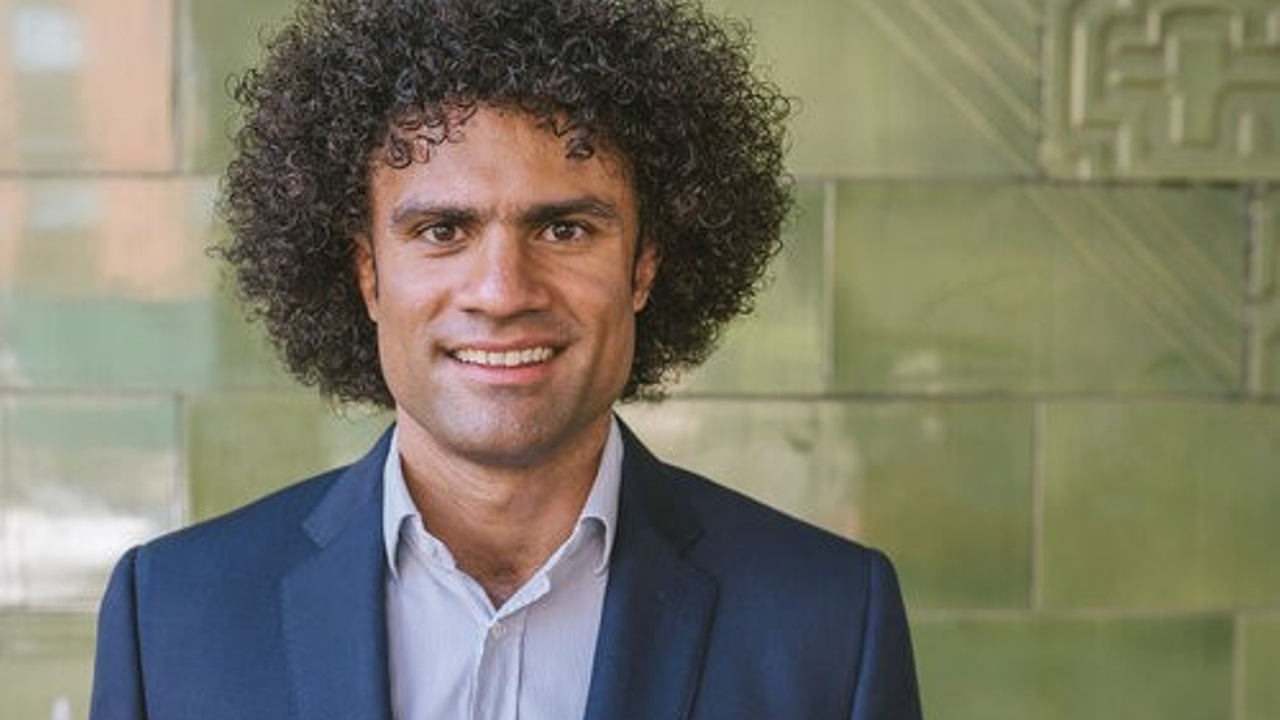Alumni interview: In conversation with Archie Watts-Farmer, CEO and Co-founder, Carnot
Nov 26, 2020
Carnot is a company on a mission - a mission to reduce global co2 emissions by 13% and accelerate the world transition to net-zero, bringing clean, secure and affordable energy to all. Carnot is bringing the internal combustion engine to the 21st century using modern materials that significantly reduce the amount of fuel wasted through the cooling systems in current engines. The focus is on big engines where the move to electric is not a viable option.
This year Carnot decided to crowdfund to raise what they needed to build a prototype of their ceramic engine. With our support, they raised 275% of their minimum target. We sat down with co-founder Archie to get his view on their crowdfunding experience:
What is the aim/ objective of your organisation?
To do as much decarbonisation as we can! Driven by where we think there is an opportunity in the market. For example, we would expect battery technology to play a major role in making passenger cars more sustainable, but it is less suited for larger transport vehicles. We are engineers and we look at engines and how they work. They waste a lot of energy - they are only around 30% efficient - and have high resultant carbon emissions because they are metal-based. This was the engineering problem we focused on
Why are you looking to raise funds?
To get to our first major milestone - a proof of concept prototype to prove you can build and run a ceramic engine that works. Investors tend to think of ceramics as plates - easily breakable - which makes getting investment difficult! Engineers also know this has been tried before and it’s failed. A lot of money has been spent trying to improve efficiency by 2-3% and we are claiming we can improve it by 60/70%. People don’t believe it's possible.
Why did you decide to go the crowdfunding route?
We initially ruled it out because we didn’t see anyone like us on the platform. We felt our proposition would cost too much and take too long. However we spoke to some VCs and found it very difficult to find the right audience - investors were very unrealistic. We then went back to look at the crowdfunding platforms and found a company with similar engineering ambitions that seemed to be doing very well. Then we dug deeper and found more.
What made you decide to find a partner to help you with the funding?
We came across ISQ when looking for information and I had a call with the CEO. They felt we were right for crowdfunding. We recognised we had no experience in this sector and needed support.
Why did you choose ISQ?
They gave us an honest appraisal of what it would actually take to do this. Being successful was going to be more complicated than we thought! They had also been involved in some of the successful raises we had seen in our space which gave us confidence they could help us. We looked at another company but they did not have the same track record of supporting complex engineering innovation.
What were the key challenges you encountered in choosing to crowdfund?
The hard work was really done before the launch. Getting in touch with our own networks and proactively looking for investment. We were surprised by how many people responded and pre-registered. It was the most challenging and the most rewarding.
How did ISQ support you in meeting those challenges?
They gave us lots of help and support on how to market the proposition to our own networks. We tested messaging with ‘friendlies’ to see how it would go down. Some of my initial attempts fell flat but the advice and support from ISQ helped re-shaped how we did this and that was much more successful.
What do you feel are the three primary strengths of the ISQ proposition?
Firstly the advice, support and confidence they gave us to reach out to our own networks. Secondly the support around the process. They gave us a clear structure to follow.
Were you successful in raising the money you need?
Yes, we have actually overfunded. We have gone far beyond what we thought was possible. £100k was our minimum target. We pre-raised £120k. In the end, we got to nearly £300k in 12 days.
Would you recommend ISQ to others looking to crowdfund?
Yes - definitely! It is much harder to be successful than you think and support from independent experts made the difference for us.
Would you use crowdfunding as a way of raising funds again?
Yes - it brings much more than just money. We have generated a lot of followers and built a community of supporters that will be hugely valuable as we move forward.
What did you learn from this experience?
You need to really believe in what you are doing and believe that there will be people out there to support you - financially and otherwise. The acid test is whether you are willing to ask your friends and family to commit funds to support you. To do that you really have to believe in your product.
What is next for the Carnot team?
We can now get our prototype running and the plan is to have it up and running by April.

